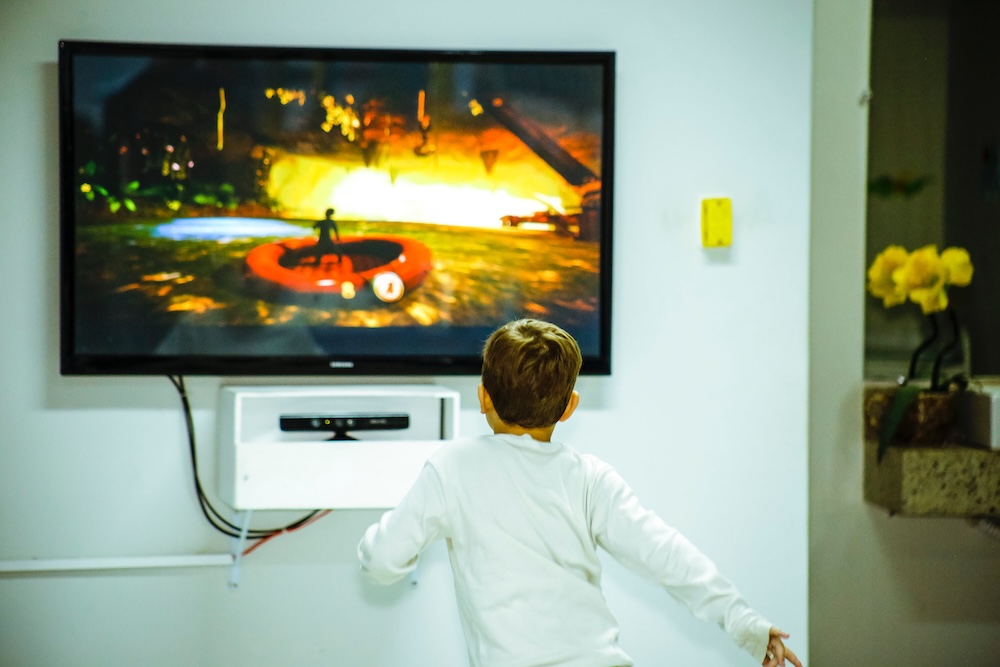Study highlights risks of early screen time in kids

Study links early screen time to sensory disorders in kids | Photo by Vidal Balielo Jr/Pexels
During Miss Earth 2023 held in Vietnam, Yllana Marie Aduana, the reigning Miss Earth Air from the Philippines, faced a thought-provoking question about the appropriate age for a child to have access to social media.
Her firm response, asserting that age becomes inconsequential when accompanied by proper guidance, holds merit. Aduana’s perspective gains additional weight when considering her insight that “social media can truly present itself very disparately in accordance to how people use it.”
Interestingly, this disparity takes on a new dimension when connected to the findings of a recent study in the Journal of the American Medical Association (JAMA), now that social media apps and streaming sites such as YouTube (or even Netflix even though it’s a subscription-based streaming service), can be shown on TVs.
The study, which explores the impact of early screen time on infants, suggests a potential link between such exposure and sensory differences, including those associated with autism spectrum disorder.
The findings discovered that those who watched TV or DVDs when they were one year old were twice as likely to have some sensory differences by the time they turned three.
Furthermore, the results even showed a more worrying pattern: Every extra hour of screen time per day after 18 months increased the chance of having sensory differences by 20 percent.
The research, based on responses from 1,500 parents and caregivers a decade ago, focused on how children react to stimuli like light and noise.
Now, what about in the new era?
Given the surge in screen options for children today, including smartphones and tablets, there is growing concern about the potential varied impacts these newer devices may have on the sensory experiences of young children.
Digital media has evolved significantly since the study, necessitating further investigation into how the expanded array of screens may influence child development in unique ways.
However, the study emphasized the need for more research to understand the connection between early screen time and behaviors related to sensory experiences, such as in autism. This includes investigating specific sensory behaviors and assessing whether limiting screen exposure early in life could enhance later sensory outcomes.
Aduana’s remarks during the pageant inadvertently echo the broader discourse on the evolving relationship between children and technology. They serve as a segue into understanding the complex dynamics at play when it comes to screen time, social media, and their potential ramifications on child development.

